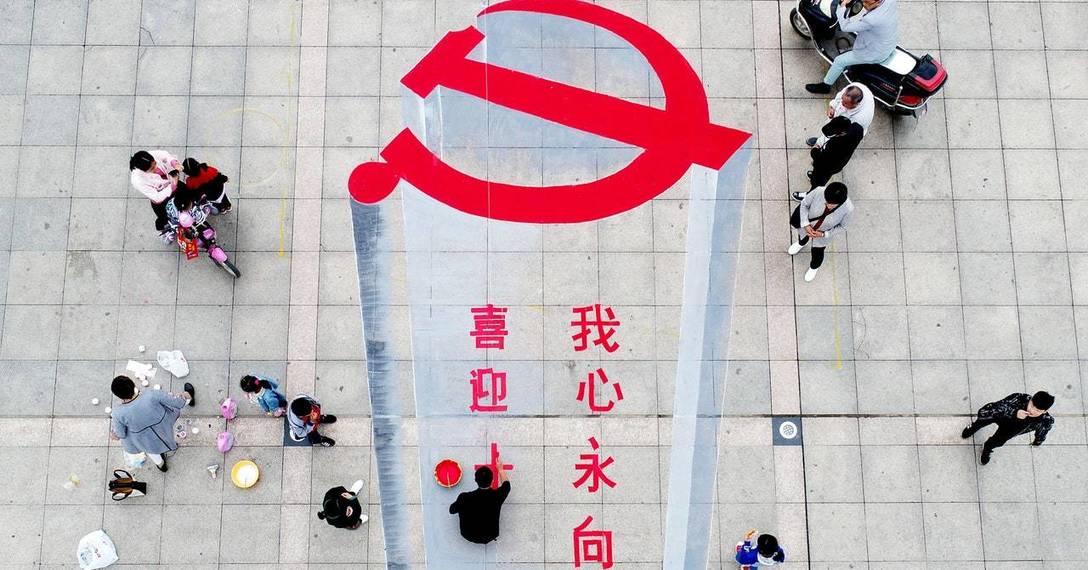But there is no single, all-powerful score assigned to every individual in China, at least not yet. The “official blueprint” Pence referenced is a planning document released by China’s chief administrative body five years ago. It calls for the establishment of a nationwide scheme for tracking the trustworthiness of everyday citizens, corporations, and government officials. The Chinese government and state media say the project is designed to boost public confidence and fight problems like corruption and business fraud. Western critics often see social credit instead as an intrusive surveillance apparatus for punishing dissidents and infringing on people’s privacy.
With just over a year to go until the government’s self-imposed deadline for establishing the laws and regulations governing social credit, Chinese legal researchers say the system is far from the cutting-edge, Big Brother apparatus portrayed in the West’s popular imagination. “I really think you would find a much larger percentage of Americans are aware of Chinese social credit than you would find Chinese people are aware of Chinese social credit,” says Jeremy Daum, a senior research fellow at Yale Law School’s Paul Tsai China Center in Beijing. The system as it exists today is more a patchwork of regional pilots and experimental projects, with few indications about what could be implemented at a national scale.
That’s not to say that fears about social credit are entirely unfounded. The Chinese government is already using new technologies to control its citizens in frightening ways. The internet is highly censored, and each person’s cell phone number and online activity is assigned a unique ID number tied to their real name. Facial-recognition technology is also increasingly widespread in China, with few restraints on how it can be used to track and surveil citizens. The most troubling abuses are being carried out in the western province of Xinjiang, where human rights groups and journalists say the Chinese government is detaining and surveilling millions of people from the minority Muslim Uyghur population on a nearly unprecedented scale.
But Western concerns about what could happen with China’s Social Credit System have in some ways outstripped discussions about what’s already really occurring. Critiques are often based on worst-case scenarios far off in the future, and run the risk of minimizing the troubling aspects of the project as it is in place today. The exaggerated portrayals may also help to downplay surveillance efforts in other parts of the world. “Because China is often held up as the extreme of one end of a spectrum, I think that it moves the goalposts for the whole conversation,” says Daum. “So that anything less invasive than our imagined version of social credit seems sort of acceptable, because at least we’re not as bad as China.”
Sourced through Scoop.it from: www.wired.com



Leave A Comment